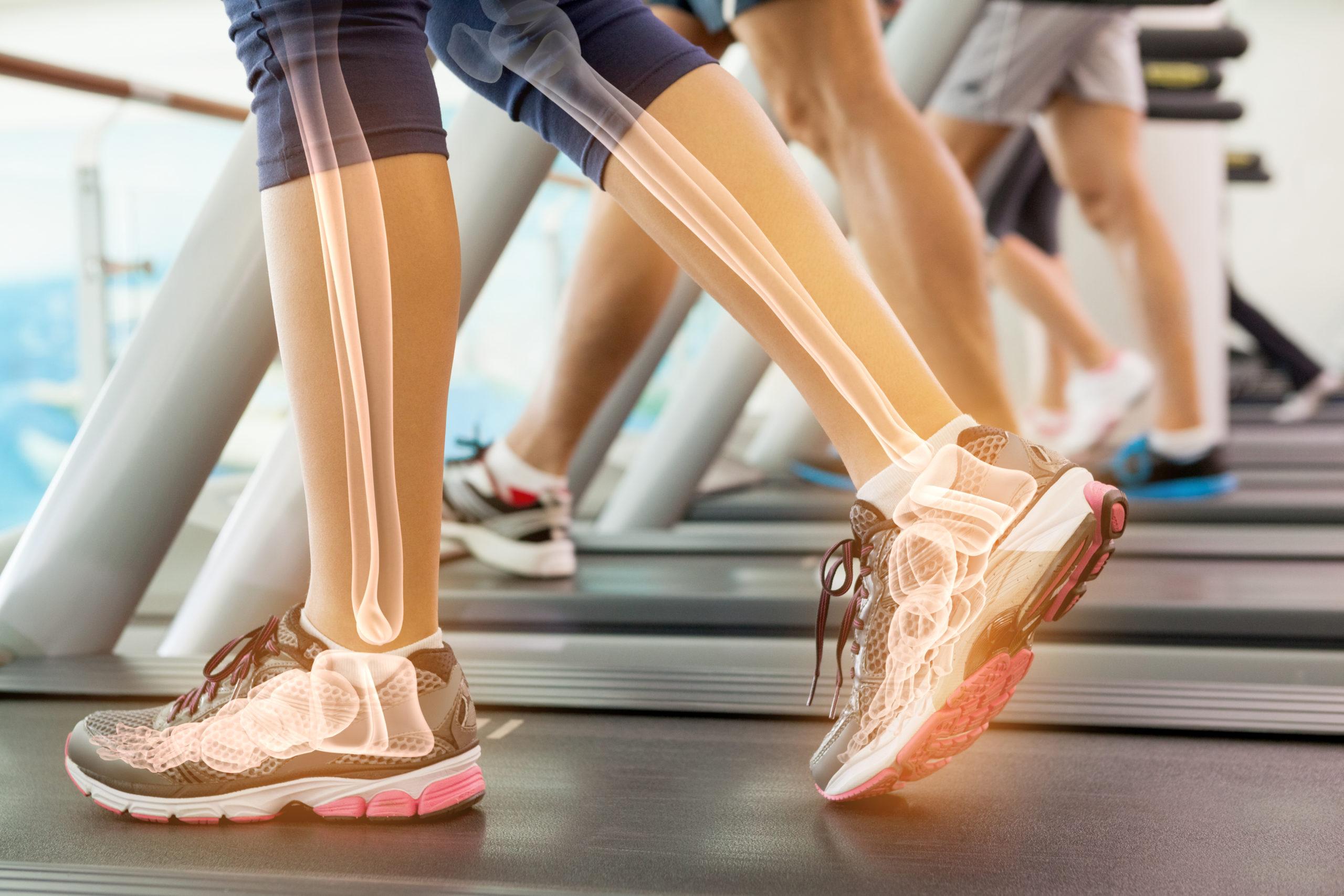Bone and Joint Health Ingredients that Promote Mobility and Flexibility

Glucosamine
Glucosamine is one of the most commonly used ingredients for bone and joint health. As a natural substance produced within the body, glucosamine is a key component of cartilage - the flexible tissue that cushions the ends of bones in joints. It has been shown to decrease joint pain and support cartilage repair and regeneration. Clinical studies demonstrate glucosamine's ability to relieve osteoarthritis symptoms and maintain mobility. The suggested daily dosage is 1,500 mg for most supplements, usually from a glucosamine sulfate or glucosamine hydrochloride source.
Chondroitin Sulfate
Closely related to glucosamine is chondroitin sulfate, another natural building block of cartilage. As a type of glycosaminoglycan, chondroitin sulfate plays an important role in cartilage matrix structure and elasticity. Research has found that chondroitin sulfate may compete with enzymes that break down cartilage, slowing osteoarthritis progression. It also draws fluid into cartilage for cushioning. Many joint supplements include both glucosamine and chondroitin sulfate for their synergistic benefits. A daily amount of 1,200 mg is commonly used.
Collagen
Collagen is the most abundant protein found in the human body, making up connective tissues including bones, cartilage, tendons, and ligaments. As we age, the body's natural collagen production declines, which can lead to joint stiffness, achiness, and loss of flexibility over time. Supplementing with collagen peptides, such as type I and type II collagen, may help Boost collagen levels for optimal joint structure and function. The ideal intake is 10,000 mg or more daily. Look for supplements containing hydrolyzed collagen for better absorbability.
MSM (Methylsulfonylmethane)
A popular supplemental form of organic sulfur, MSM has exhibited anti-inflammatory properties in clinical assessments. It plays a role in collagen and keratin production, acting as a building block for connective tissue. Research reports that MSM relieves arthritic symptoms like pain, morning stiffness, and mobility issues. The standard dosage is 1,000-3,000 mg per day. Since MSM occurs naturally in many foods, it is very safe at proper supplementation levels.
Hyaluronic Acid
As the main component of synovial fluid in joints, hyaluronic acid acts as a lubricant and shock absorber. Production of hyaluronic acid decreases with age, which can lead to joint discomfort. Exogenous hyaluronic acid supplements may restore fluid viscosity for improved joint flexion. Studies have found short-term relief of knee osteoarthritis symptoms with ingestible hyaluronic acid. The normal dosage lies between 50-100 mg for best results. Look for supplements from non-animal sources likeVegan hyaluronic acid.
Turmeric/Curcumin
The golden spice turmeric contains powerful anti-inflammatory curcuminoids, namely curcumin. This polyphenol has exhibited joint-protective properties and ability to reduce inflammation. Many clinical trials demonstrate curcumin's symptomatic relief for conditions like rheumatoid arthritis and osteoarthritis. For maximum absorption, curcumin supplements pair it with piperine from black pepper. Studies show 95 mg of curcumin with 5 mg piperine provides healthy benefits. Turmeric can also be consumed in moderate amounts through daily cooking.
omega-3 Fatty Acids
Essential fatty acids like EPA and DHA from fish, krill, or algal oil support joint lubrication and flexibility. They reduce inflammation at the cellular level. Research links omega-3 intake with improvement in osteoarthritis symptoms and indicators of cartilage health. Aim for at least 250-500 mg EPA plus DHA daily for maintenance, or up to 1,000 mg under a healthcare provider's guidance. Fish oil is generally well-tolerated, but following recommended dosage is important.
Vitamin D and K
As accessories for bone and cartilage mineralization, both vitamin D and K merit consideration. Vitamin D aids calcium absorption for strong bones and may benefit knee osteoarthritis. Deficiency is common and linked to joint issues. Most adults require 2,000-4,000 IU of D3 daily. Meanwhile, vitamin K1 and K2 support the carboxylation of osteocalcin protein. Look for combined supplements or diet-focused intake of green vegetables, fermented foods, and natto. Maintaining vitamin D and K levels may help optimize joint biomechanics.
In Summary
The above ingredients offer natural support for bone and joint comfort when included as part of a healthy lifestyle. Consulting with a medical practitioner can ensure proper dosing for individual needs and diagnoses. Pairing targeted supplementation with movement, stress management, and diet changes may maintain mobility well into aging. Focusing on whole foods nutrition also provides these joint-nourishing minerals, antioxidants, and omega-3 fats in synergistic balance.
- Art
- Causes
- Crafts
- Dance
- Drinks
- Film
- Fitness
- Food
- Games
- Gardening
- Health
- Home
- Literature
- Music
- Networking
- Other
- Party
- Religion
- Shopping
- Sports
- Theater
- Wellness
- IT, Cloud, Software and Technology


